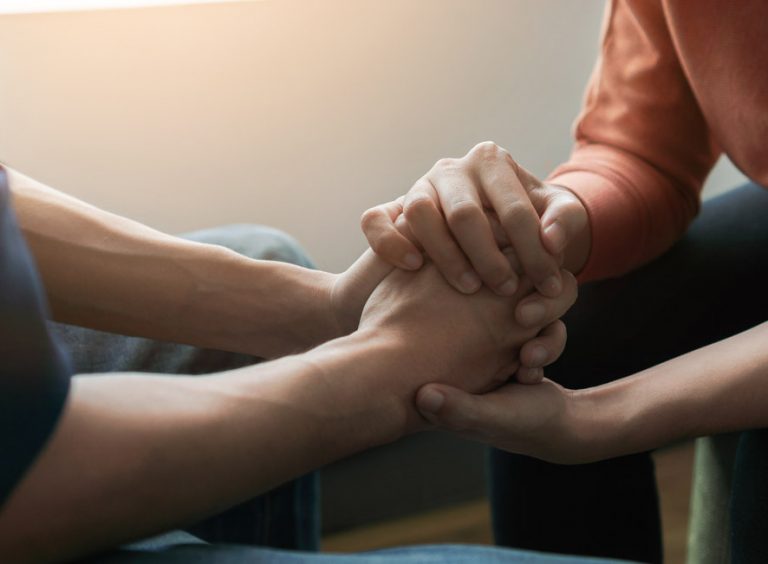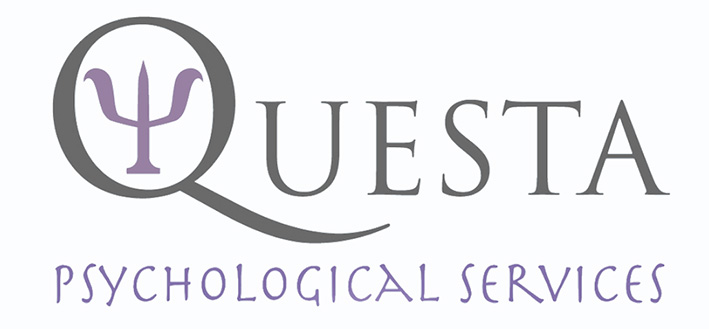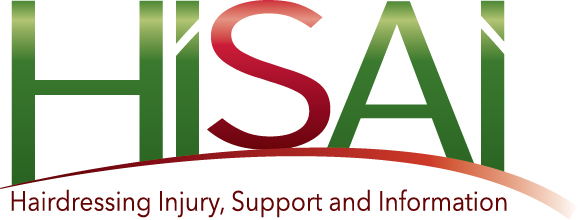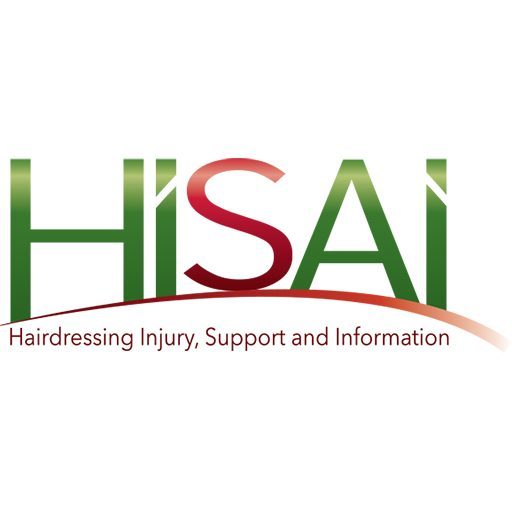Psychology & Counselling

Hair is personal! In a world infatuated with perfection, it doesn’t come as a surprise that physical appearance plays a major role in both our society and in how we view ourselves. Loss of hair or scarring can evoke not only cosmetic concerns, but also lead to strong feelings of vulnerability and can impact our self-esteem and self-image. Especially if the injury is done by another person in whom we put our trust. Hairdressing injuries to one’s scalp can really cut to the core of our identity and leave our self-image fractured or dramatically changed.
As a victim of hairdressing accidents, a person’s reactions and experiences are not predetermined. Everyone reacts differently, and it’s important to remember that there is no right or wrong way to experience a distressing situation. A hairdressing accident can be extremely traumatising and can bring up a variety of distressing emotions. Sometimes, these feelings can become overwhelming and hard to tolerate, giving rise to some unhelpful behaviours and emotions, for example low mood, avoiding friends and family, unwarranted shame, embarrassment, and anger. Without appropriate support, the distress can escalate into a more complex presentation like post-traumatic stress.
Below are some examples of various psychological conditions that one can experience following such distress:
Depression
Experiencing a continuous low mood, low self-esteem, hopelessness, guilt, anxiety, and a lack of motivation and ability to concentrate can all be signs of depression. Some people feel lethargy and fatigue, disturbed sleep, altered sex-drive, changes in appetite or weight, among others. It is very common for people suffering from depression to withdraw from friends, family, and hobbies, which can trigger an exacerbation of distress. One might even experience dark thoughts, hopelessness, helplessness further impacting people’s sense of self.
Avoidance
Avoidance is powerful because the short-term relief people get from avoiding something is an extremely strong, reinforcing its use in the future. However, whilst avoidance provides short-term relief, it has the effect of reinforcing beliefs about threat, leading to fixed and unchallenged beliefs, which comes with costs to one’s well-being. The consequences are grave as this can affect people’s motivation, perseverance, willingness to take risks and ultimately their ability to thrive, mature, and progress with confidence under difficult or challenging circumstances.
Grief
When discussing the concept of grief, it is mostly known as a reaction to a loss of a loved one. However, disenfranchised grief is when the reason for grieving doesn’t fit in with the larger society’s attitude about dealing with the experience. With that said, finding social support and acceptance after a hairdressing accident can be difficult, which can be isolating. It can be a struggle to heal if people don’t have the means to express it, and over time, persistent sadness may infiltrate the nooks and crannies of life, making everything more difficult.
Unwarranted shame and embarrassment
As mentioned earlier, it is normal to grieve for your hair and your appearance, but sometimes, people get stuck in shame. They might feel embarrassed or disappointed for feeling the way they do, the way they look, or the fact that they ended up in the position they’re in. However, disapproval and disappointment that focuses not on actions, but aspects of oneself, can make people feel painfully vulnerable, inadequate, even unworthy of love or positive attention. This might stop people from seeking medical help, even though the impact of a hairdressing injury is not very different from any other injuries or accidents. However, the shame can be reinforced by medical professionals who might not take people’s hair problems or sufferings seriously enough.
Anger
Anger can be especially common if people have been betrayed by others, which would be the case when people go to a hairdresser and unexpectedly get injured whilst in their care. One way to think of it is that their bodies are in a constant state of fight or flight, and people’s heightened arousal levels consequently leads to expressions of anger, frustration, or irritability. Also, when seeking financial compensation for their accident, people might feel frustrated by the lengthy legal process and feel like they are constantly forced to stay alert to prove the physical and psychological damage the accident has caused.
Post-Traumatic Stress Disorder (PTSD)
In case of hairdressing injuries, something is done to a person, in an environment they thought were safe and by people they trusted to take care of them. They also put their trust in their hairdressers’ hands to handle something so delicate as their hair. A person experiencing hairdressing injuries, may have temporary difficulty adjusting and coping, but with time, adequate self-care and professional support, they can regain their confidence and lead a more meaningful life. If the symptoms get worse, last for months or even years, and interfere with your day-to-day functioning, you may have PTSD. The symptoms vary from person to person, but there are some common signs that you might recognise, which you can divide into four different categories.
Re-Experiencing Symptoms
Re-experiencing the accident is one of the most common symptoms of PTSD and it is to involuntarily and vividly relive the traumatic event. It could be through flashbacks, physical symptoms such as racing heart or sweating, nightmares or reoccurring memories; memories that can be so intrusive that it’s impossible to think of anything else. These are triggered by reminders of the event like feelings, thoughts, words, or objects.
Avoidance Symptoms
It is also common to avoid those reminders of the traumatic event. This includes staying away from the hairdresser salon or even the area it’s located in, occupy oneself because keeping busy takes the mind of the accident, or even use alcohol or drugs to “forget” the experience. In addition, feeling numb or detached from your body or being unable to remember details of the hairdressing event, are also signs of your mind trying to avoid reliving the trauma.
Alertness and Reactivity Symptoms
After a hairdressing accident, a person might feel “jittery” or constantly alerted. In line with feeling angry or irritable as mentioned earlier, a person can also feel tense, on edge, having concentration difficulties, or experience panic attacks. You might also feel like the only thing to avoid these aversive emotions is to self-destruct or behave recklessly.
Feeling and Mood Symptoms
Depressive behaviours and emotions are common when people have PTSD, since an accident of this kind can affect how they think about themselves and others. People can feel unwarranted blame or guilt and have trouble feeling positive emotions.
In conclusion, if one has suffered from a hairdressing injury, there is support available. We recognise how lonely it can feel to suffer in silence and can offer the appropriate support required to enable someone to carry on living a life consistent with their values.

Questa Psychological Services
If you feel that you have suffered from psychological upset from a hair or scalp injury please contact:
Questa Psychological Services on 02381 924877
or email: admin@questapsych.com or
visit their website: https://www.questapsych.com/

